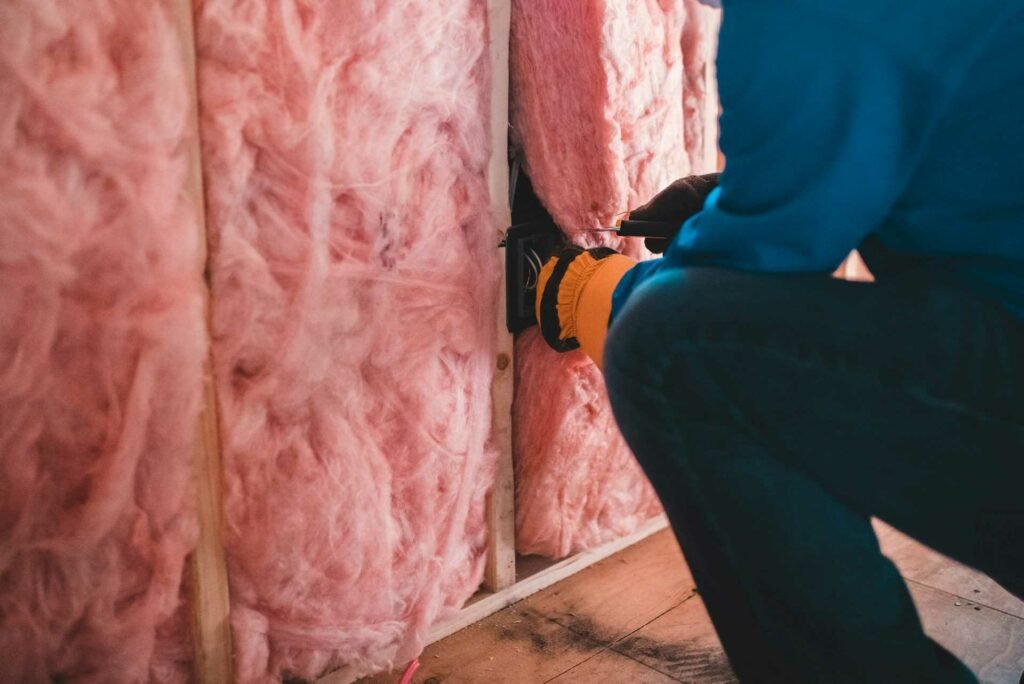
Businesses are increasingly recognizing the importance of adopting eco-friendly practices. One of the key areas where companies can make a significant impact is by reducing their energy consumption.
According to a recent study by the Warmable, businesses contribute to nearly 40% of global energy-related CO2 emissions.
This alarming statistic underscores the urgent need for businesses to take responsibility for their environmental impact and implement simple changes that can save energy and manage energy price increases for small businesses.
In this article, we will explore practical and achievable steps that any business can take to contribute to a more sustainable future.
Upgrade to Energy-Efficient Lighting
One of the simplest yet most effective ways to save energy in a business is by upgrading to energy-efficient lighting. Traditional incandescent bulbs consume more energy and have a shorter lifespan compared to LED or CFL bulbs.
The U.S. Department of Energy found LED bulbs use 75% less energy than incandescent bulbs and last 25 times longer. Making the switch to energy-efficient lighting not only reduces electricity bills but also minimizes the need for frequent replacements, leading to less environmental waste.
Implement Smart Heating, Ventilation and Air Conditioning Systems
Heating, ventilation, and air conditioning (HVAC) systems are major contributors to energy consumption in commercial buildings. Businesses can save substantial amounts of energy by investing in smart HVAC systems.
These systems are equipped with advanced sensors and automation features that optimize energy usage based on occupancy and temperature requirements and can result in energy savings of up to 30%.
Conduct Regular Energy Audits
Understanding how and where energy is used within your business is crucial for effective energy management. Conducting regular energy audits helps identify areas of inefficiency and provides insights into potential energy-saving opportunities.
Many utility companies offer free or subsidized energy audit services to businesses. By investing time in these audits, companies can uncover hidden energy waste and implement targeted solutions to reduce their overall energy consumption.
Encourage Employee Engagement
Employee engagement plays a significant role in creating an energy-efficient workplace. Educate employees about the importance of energy conservation and involve them in the process of identifying and implementing energy-saving measures.
Simple actions, such as turning off lights and electronics when not in use or using natural light instead of artificial lighting, can collectively lead to substantial energy savings. Consider implementing a recognition program to reward and encourage employees who actively contribute to energy conservation efforts.
Embrace Remote Work Policies
The rise of remote work has become a global phenomenon, and businesses can leverage this trend to save energy and boost profit margins. By allowing employees to work from home or adopting flexible work schedules, companies can reduce the demand for office space, lighting, and heating or cooling systems.
A study by Global Workplace Analytics suggests that if employees who have the option to work remotely did so just half the time, it could lead to a 54% reduction in greenhouse gas emissions from commuting.
Invest in Energy-Efficient Appliances and Equipment
When it comes to office equipment and appliances, investing in energy-efficient options can lead to long-term savings. Look for appliances and equipment with the ENERGY STAR label, which indicates compliance with energy efficiency standards.
Upgrading to energy-efficient computers, printers, and other office equipment not only reduces energy consumption but also enhances overall productivity and performance.

Optimize Building Insulation and Seal Leaks
Improving the insulation of your business premises and sealing any air leaks can have a significant impact on energy efficiency. Proper insulation helps maintain a comfortable indoor temperature, reducing the need for excessive heating or cooling.
Additionally, sealing gaps and leaks prevent conditioned air from escaping, ensuring that energy is used more efficiently.
According to the U.S. Department of Energy, businesses can save up to 10% on heating and cooling costs by addressing insulation and air leakage issues.
Conclusion
Saving energy in your business doesn’t have to be a complex or costly endeavour. Simple and practical changes can lead to significant reductions in energy consumption, benefitting both the environment and the bottom line. By making use of the simple changes in this article, businesses can contribute to a more sustainable future while enjoying the long-term benefits of reduced energy costs.
Taking these steps not only aligns with corporate social responsibility but also positions your business as a leader in the transition toward a greener and more energy-efficient economy.
